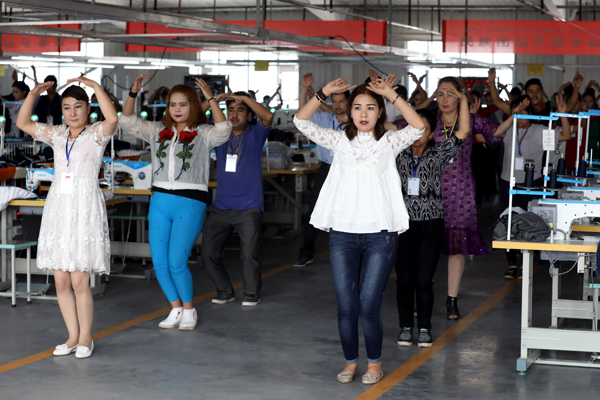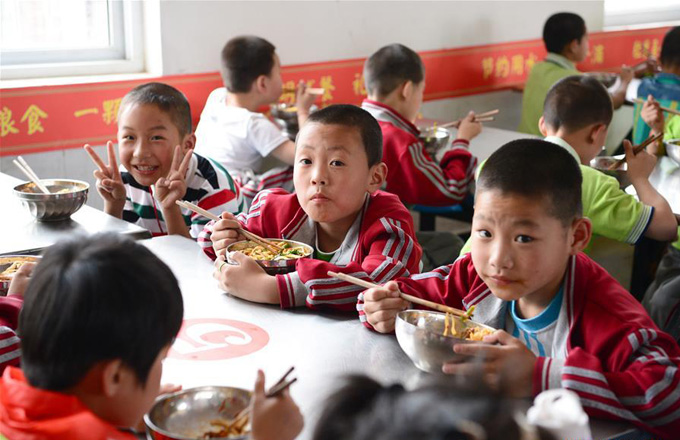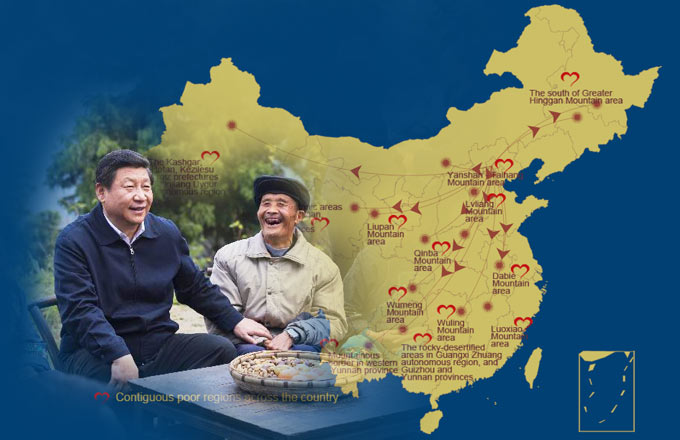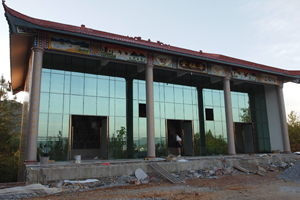Plants sew the fabric of change in Xinjiang
 |
|
Workers dance during a break at a textile factory in Aksu. Photo By Zhu Xingxin / China Daily |
Brave new world
At the Ke Ning factory, Islam's job is to check at least 1,500 pairs of socks a day for defects. She also fixes any broken threads on a row of 12 sewing machines.
"I don't find it boring at all. I can spot a defective sock at a glance," she said, proudly. "The most important thing is that it has introduced me to a new world."
In addition to providing accommodation and meals, the plant has a recreation room where workers regularly go to sing and dance, she said, adding, "If I miss my family, I can take a one-hour bus ride home to Kartal."
Aksu is the furthest Islam has ever been from home, and she said the job has helped her become more outgoing. She has learned more about the textile industry, made new friends and now often goes shopping for fashionable dresses in her spare time.
Not every recruit has been a success story, however. Islam was one of about 30 trainees taken on by Ke Ning last summer, and less than half still work at the factory.
An interpreter who works for the city government explained that it's usual for employees to leave as soon as they get their first paycheck. Some just don't like the job, he said, "but then there are some that reapply again as soon as the money has run out."
Islam said she is looking longer term - and is saving her money in the hope of one day being able to take a vacation overseas.
Job creators
Ahmet Yigemu, a human resources official in Awati, a county in Aksu, said the local government is offering incentives to lure startups, which can provide more jobs close to home for people age 25 to 35 from ethnic communities.
The county has set up a small business park with office space, training facilities and workshops, as well as streamlined procedures for various operating licenses.
"Young people are our hope," he said. "As well as providing job opportunities, we also want to make it easier for people to start their own businesses.
"We hope entrepreneurs from ethnic groups, especially those who have graduated from higher-quality colleges outside Xinjiang, can lead the way in helping to create employment for more young people in rural areas."
Many have already found jobs with the vehicle repair shops, garment factories and agricultural technology companies started by young entrepreneurs, Yigemu said, "and the number engaged in online businesses, such as e-commerce stores selling agricultural products, is rising."
About 3,220 young people have also received free training in areas such as gardening and electrical engineering, he added. "We'll provide more training. After all, professional skills can help young people go far."
Contact the writer at caoyin@chinadaily.com.cn

















